Concerns about a chip shortage began to rise after the Dutch government invoked the Supply Security Act to temporarily take over Nexperia in late September 2025, removing its Chinese CEO, Zhang Xuezheng. The Dutch government was concerned that the Chinese parent company, Wingtech, might transfer technology or intellectual property outside of Europe.
In response, China imposed export controls, banning China’s Nexperia and its subcontractors from exporting finished components, choking off the two-way flow of goods. Automakers warned that if the situation persisted, production at factories in the European Union (EU) would be at risk of disruption.
The Chinese government said on November 1 that the inappropriate interference of the Dutch government in the internal affairs of enterprises is the cause of the current chaos in the global supply chain.
A spokesman for China's Ministry of Commerce said they will comprehensively review the actual situation of enterprises and grant exemptions to export activities that meet the criteria, but did not elaborate on the specific criteria.
Notably, the Wall Street Journal quoted informed sources as saying that allowing Nexperia to partially resume export activities was part of the trade deal that Chinese President Xi Jinping and US President Donald Trump agreed to at a meeting in South Korea on October 30.
European Union (EU) spokesman Olof Gill also said earlier that Chinese and EU officials would discuss the Nexperia issue at a meeting in Brussels next week. For its part, the German government on November 1 welcomed China's move and considered it a "positive sign".
Nexperia is a maker of high-performance chips used in the control, sensor and body electronics of major carmakers such as BMW, Stellantis and Volkswagen. These chips are a “key link” in the auto industry, even as the pandemic shortage has eased somewhat.
European carmakers and parts suppliers have warned of a shortage of chips supplied by Nexperia, which could force production lines in Europe to shut down. Nexperia supplies 49% of the electronic components used in the European car industry, according to German financial newspaper Handelsblatt. The European Automobile Manufacturers Association (ACEA) warned last month that production would be severely affected.
Source: https://vtv.vn/trung-quoc-se-mien-mot-so-chip-experia-khoi-lenh-cam-xuat-khau-100251102100011126.htm


![[Photo] Government holds a special meeting on 8 decrees related to the International Financial Center in Vietnam](https://vphoto.vietnam.vn/thumb/1200x675/vietnam/resource/IMAGE/2025/11/04/1762229370189_dsc-9764-jpg.webp)





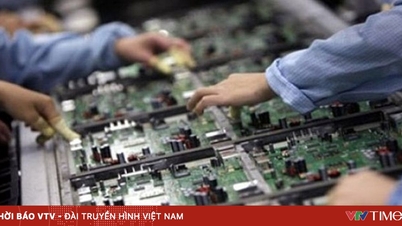
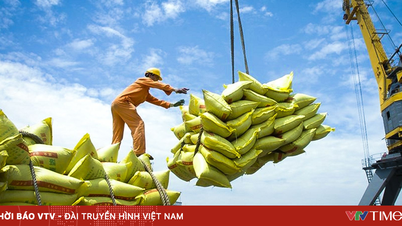



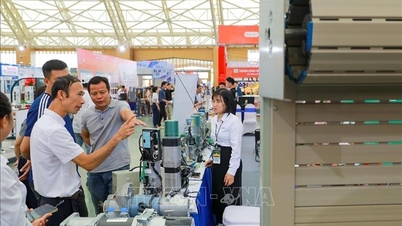

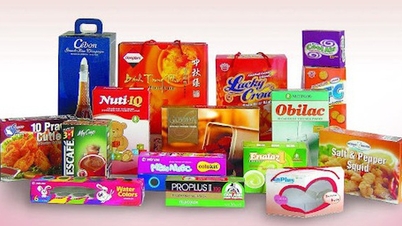


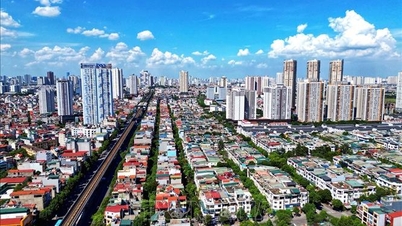
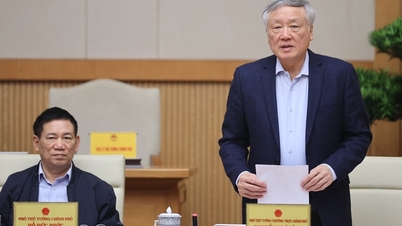
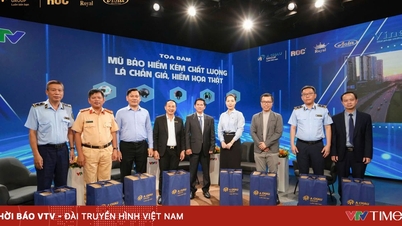
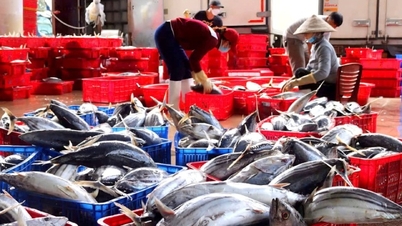








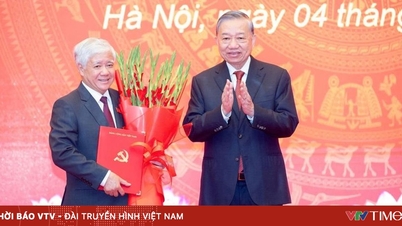


























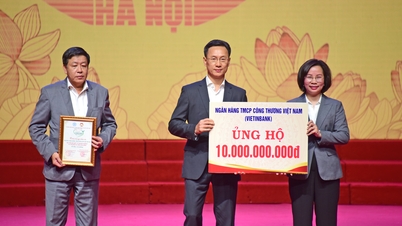











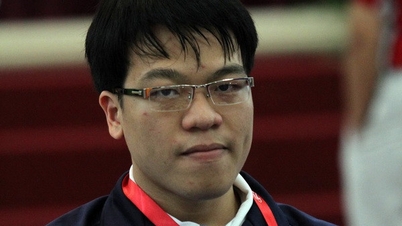

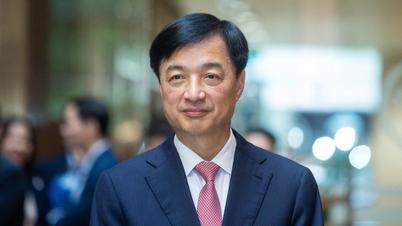









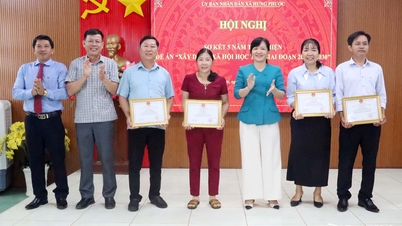



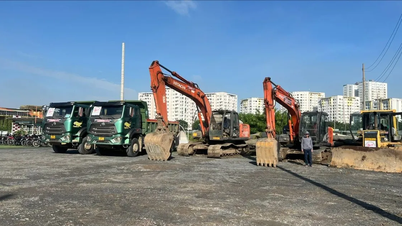

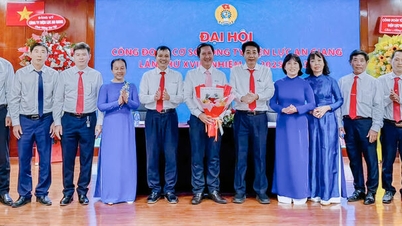

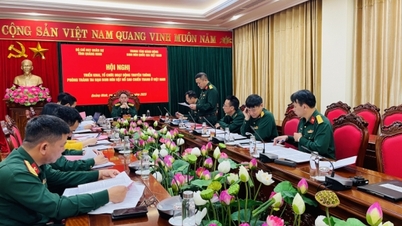

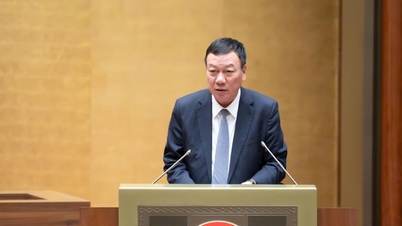












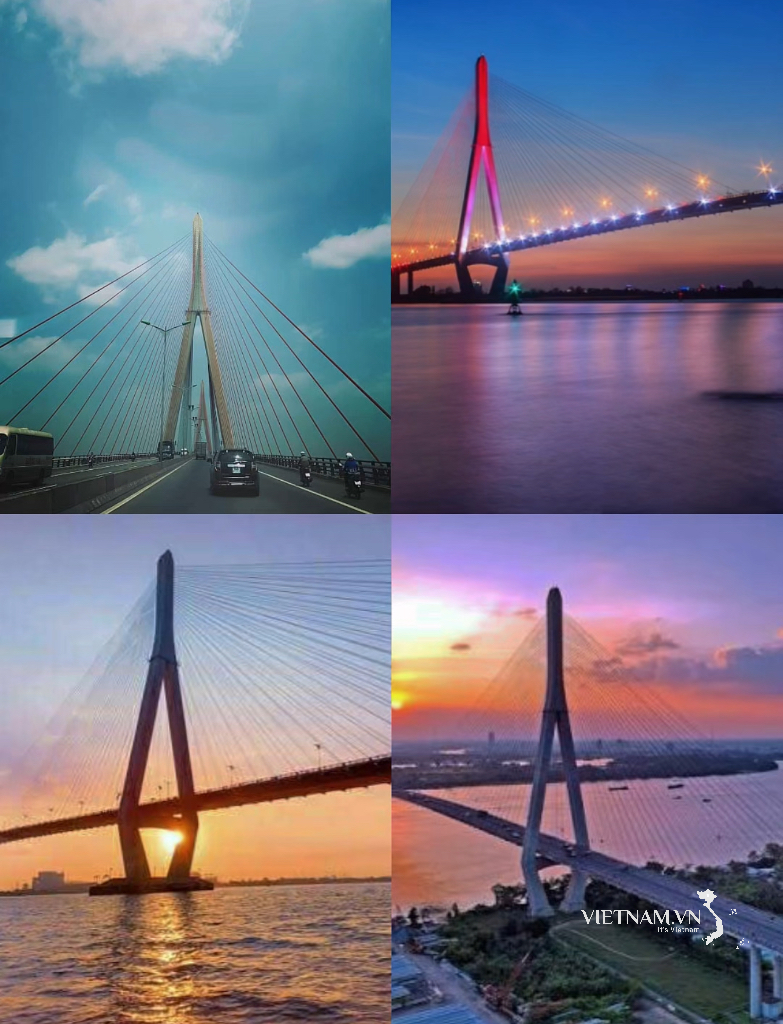



Comment (0)